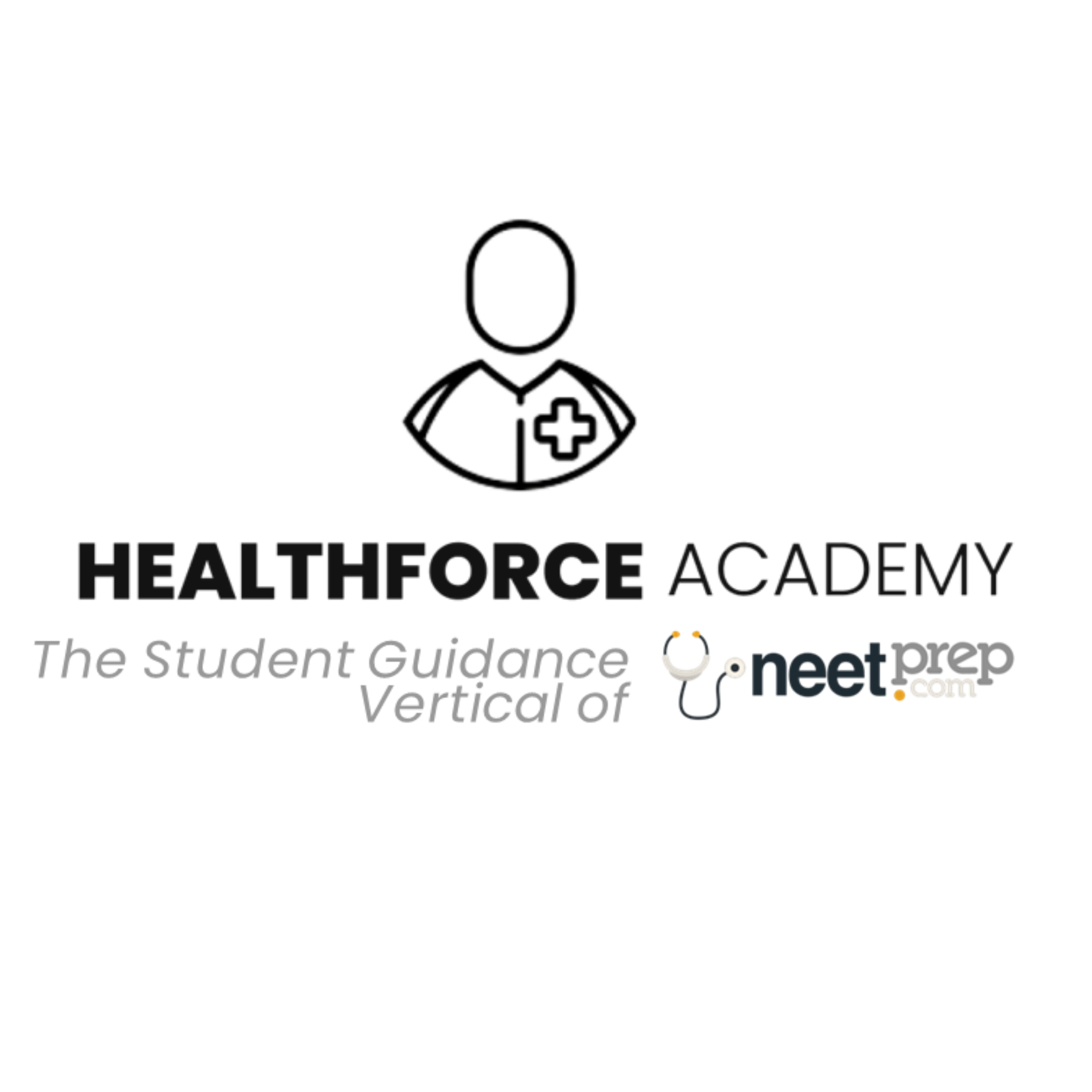Cardiovascular Technologists and Technicians
January 10, 2024 2024-01-14 5:45Cardiovascular Technologists and Technicians
Cardiovascular Technologists and Technicians
1.What do they do?
Cardiovascular technologists and technicians are vital healthcare professionals specializing in the diagnosis and treatment of cardiac and peripheral vascular conditions. These experts play a crucial role in assisting physicians by conducting a range of cardiovascular tests and procedures, contributing valuable data for accurate medical assessments.
Cardiovascular technologists, often working in invasive cardiology, cardiac sonography, or vascular technology/sonography, are stationed in cardiac catheterization labs. Their responsibilities encompass intricate procedures such as stent implants, cardiac pacemakers, and defibrillators. They actively participate in emergency situations, like heart attacks, and collaborate closely with cardiovascular surgeons. While cardiovascular technologists interpret reports for patients, they primarily fulfill a diagnostic role and do not prescribe medications.
On the other hand, cardiovascular technicians specialize in non-invasive procedures, focusing on electrocardiograms (ECGs or EKGs), stress testing, and Holter monitors. They are responsible for preparing patients for diagnostic procedures, setting up equipment, and connecting patients to monitoring devices. With experience, they may engage in more advanced diagnostic tasks and life support techniques.
Both technologists and technicians share common responsibilities, including explaining testing procedures to patients, monitoring vital signs during procedures, obtaining and recording patient information, and maintaining cardiology equipment. They typically work in hospitals, with varying hours, including evenings and on-call shifts due to the unpredictable and emergency-driven nature of cardiovascular healthcare. Education requirements range from associate or bachelor’s degrees for technologists to on-the-job training, certificate programs, or associate degrees for technicians. In essence, these professionals are integral in the intricate web of cardiovascular care, contributing significantly to saving lives and promoting heart health.
2. Why take this career?
- You can make a positive impact on people’s lives, helping them overcome challenges and improve their well-being.
- Witnessing the direct results of your efforts leads to high job satisfaction.
- The field offers a wide range of career options, allowing you to work with various populations and find a niche that aligns with your interests.
- Your work often leads to your own personal growth and self-reflection.
- The demand for mental health and social support services remains high, providing job security.
- Professionals can work in diverse environments, accommodating individual preferences.
- Many roles offer flexible work hours and settings.
- The field encourages ongoing professional development.
- Contributing to the betterment of society provides a profound sense of purpose.
- Counseling and Human Services professionals are highly respected for their dedication to improving lives.
3. What an average day at the job is like?
Choosing a career as a cardiovascular technologist or technician offers a fulfilling path with tangible benefits:
- Life-Saving Impact: Directly contributing to saving lives in emergency situations like heart attacks.
- Healthcare Team Collaboration: Working closely with physicians and the healthcare team fosters teamwork and camaraderie.
- Varied Specializations: Opportunities for specialization in areas like invasive cardiology, cardiac sonography, or vascular technology/sonography.
- Technological Advancements: Involvement with state-of-the-art medical equipment provides ongoing learning and professional development.
- Diverse Work Settings: While primarily in hospitals, opportunities exist in clinics, labs, and private practices, catering to individual preferences.
- Job Stability and Growth: Growing demand due to an aging population ensures job stability and potential for career advancement.
- Personal Fulfilment: Contributing to patient well-being and solving medical puzzles brings deep personal satisfaction.
- Competitive Salaries: Enjoying competitive salaries, with the potential for growth based on experience and specialization.
It’s important to note that biologists’ routines can vary greatly and may include a mix of these activities, depending on their specific role and ongoing projects. Unexpected elements can also arise in their daily work.
4. Knowledge and skills needed to succeed?
To succeed as a cardiovascular technologist or technician, a blend of specific knowledge and skills is crucial:
Knowledge:
- A strong grasp of cardiovascular system anatomy and physiology is essential.
- Proficiency in medical language for effective communication and documentation.
- In-depth knowledge of various cardiovascular diagnostic procedures, both invasive and non-invasive.
- Familiarity with advanced medical equipment, such as ultrasound and EKG devices.
- Understanding and adherence to patient care protocols for safe and effective procedures.
- Proficiency in handling emergency situations, particularly in invasive cardiology.
Skills:
- Mastery of technical skills for conducting tests and operating diagnostic equipment.
- Effective communication skills for patient interaction and collaboration with healthcare professionals.
- Analytical skills to interpret complex cardiovascular data and make informed decisions.
- Precision in positioning patients and conducting tests for accurate results.
- Flexibility to incorporate new technologies and methodologies into practice.
- Ability to manage stress and stay composed during high-pressure situations.
- Collaborative work with physicians, surgeons, and healthcare professionals.
- Commitment to ongoing learning and staying updated on technological advancements.
5. What can you earn
Earnings for cardiovascular technologists and technicians can vary based on factors such as experience, location, education, and specialization. As of the latest available data:
Cardiovascular Technologists:
Median Salary: The median salary is approximately $56,100, as reported by the Bureau of Labor Statistics (BLS).
Salary Range: Salaries can vary widely, ranging from $27,000 to $140,000 or more.
Cardiovascular Technicians:
Salary Range: Cardiovascular technicians generally earn salaries within a range of $27,000 to $140,000, influenced by factors such as experience and geographic location.
6. Courses you can do to take up the career
Cardiovascular Technologists:
Embarking on a career as a cardiovascular technologist involves educational pathways such as a two-year associate degree program, providing foundational understanding in invasive or non-invasive cardiology. This program includes clinical rotations for hands-on skill development.
For a more specialized education, a four-year bachelor’s degree program explores broader aspects of cardiovascular technology, allowing deeper focus on areas like invasive
cardiology, cardiac sonography, or vascular technology. Graduates often find enhanced leadership opportunities.
After the initial degree, aspiring technologists can distinguish themselves through specialized certifications, focusing on areas like cardiac sonography or vascular technology, contributing to their expertise and credibility.
Cardiovascular Technicians:
Becoming a cardiovascular technician typically begins with a high school diploma, but those seeking more in-depth training can explore certificate programs. These accelerated programs, completed in about a year, concentrate on essential skills like electrocardiograms (EKGs) and Holter monitors.
Alternatively, a two-year associate degree program provides a comprehensive education, combining coursework with practical experiences to equip students with a well-rounded understanding of cardiovascular technology.
In summary, whether pursuing a career as a cardiovascular technologist or technician, individuals can choose from various educational programs that align with their career goals and desired level of expertise.


